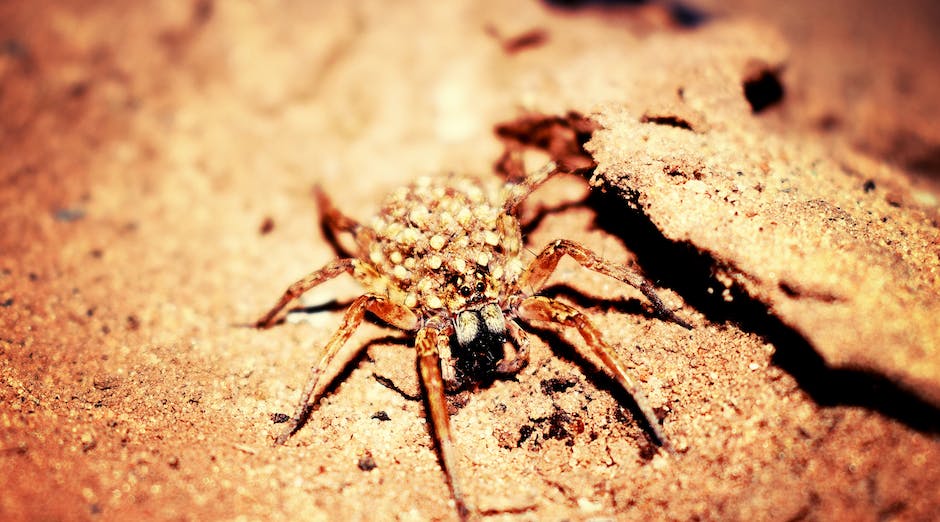The Most Dangerous Insects
Insects are everywhere, and while they often pose little or no threat to us, some of them can be incredibly dangerous, both to humans and the environment. As such, it is important to understand which ones are the most dangerous, where your risk of encountering them is the highest, and what steps you can take to minimize the risks associated with coming into contact with them. In this article, we will be discussing the most dangerous insects and what you need to know about them.
Mosquitos
Transmission of Serious Diseases
Mosquitos are one of the most dangerous insects because of their potential to carry and spread life-threatening diseases. They can carry and transmit illnesses such as malaria, dengue fever, Zika virus, and other serious diseases. In addition, mosquitos can also spread disease-carrying parasites, such as nematodes, which can cause diseases like elephantiasis and river blindness.
Vectors for Disease Transmission
Mosquitos are very effective vectors for disease transmission because of their widespread distribution and the variety of diseases they can transmit. Since they typically feed on humans and other warm-blooded hosts, they can easily spread infections from one person to another.
Prevention and Treatment
It is important to take steps to protect yourself from mosquitos, such as wearing long sleeve shirts and pants, using insect repellent, and avoiding areas where mosquitos are known to be present. If you do become infected with a mosquito-borne disease, it is important to see a doctor right away in order to get the proper treatment or prevention.
Ticks
Various Diseases they Carry
Ticks are also one of the most dangerous insects, as they are known to carry a variety of diseases. The most common is Lyme disease, which is caused by a bacterium that is transmitted through tick bites. Other diseases that can be spread by ticks include Rocky Mountain spotted fever, babesiosis, and ehrlichiosis.
Transmission of Disease
Ticks are particularly dangerous because they can transmit diseases without transferring the tick itself to a person. This means that even if you don’t see a tick on your body, you are still at risk of becoming infected with a disease.
Prevention and Treatment
It is important to take steps to protect yourself and your family from ticks, such as wearing long sleeve shirts and pants when going outdoors, using insect repellent, and avoiding areas that are known to be inhabited by ticks. If you do become infected with a tick-borne disease, it is important to see a doctor right away in order to get the proper treatment or prevention.
Wasps and Hornets
Dangerous Stings
Wasps and hornets can be quite dangerous to humans, as their stings can be fatal in some cases. In addition, the venom of wasps and hornets can cause severe allergic reactions in some people, and their stings can be incredibly painful.
Highly Aggressive
Wasps and hornets can be particularly dangerous because they can become highly aggressive when disturbed. They are likely to attack if they feel threatened or if they sense any kind of danger.
Prevention and Treatment
It is important to take steps to protect yourself and your family from wasps and hornets, such as avoiding areas where they are known to be present and wearing protective clothing when outdoors. If you do get stung, it is important to seek medical attention right away, as allergic reactions can be fatal.
People Also Ask
Which Insects are Most Dangerous?
The most dangerous insects are mosquitos, ticks, wasps, and hornets, as they can transmit diseases and their stings can be fatal.
Is it Possible to Prevent Insect-Borne Diseases?
Yes, it is possible to prevent insect-borne diseases by taking steps to protect yourself, such as wearing long sleeve shirts and pants, using insect repellent, and avoiding areas known to be inhabited by dangerous insects.
What are the Symptoms of an Insect Bite?
The symptoms of an insect bite can vary depending on the type of insect, but generally include swelling, redness, pain, and itching. In some cases, more severe symptoms such as fever or difficulty breathing can occur.
How do I Treat an Insect Bite?
The best way to treat an insect bite is to apply a cold pack to reduce swelling and take an antihistamine to help with the itching and discomfort. If the symptoms are severe, it is important to seek medical attention right away.
What Insects Should I Avoid?
It is important to avoid mosquitos, ticks, wasps, and hornets, as they can spread diseases and their stings can be fatal.
Final Words
Insects can be dangerous and it is important to be aware of the potential risks that they can pose. While the vast majority of insects pose no threat to humans, some of them can be incredibly dangerous and it is important to know how to identify them and how to protect yourself. Taking precautions such as wearing protective clothing, avoiding known danger zones, and using insect repellent can help to minimize your risk of coming into contact with dangerous insects.

